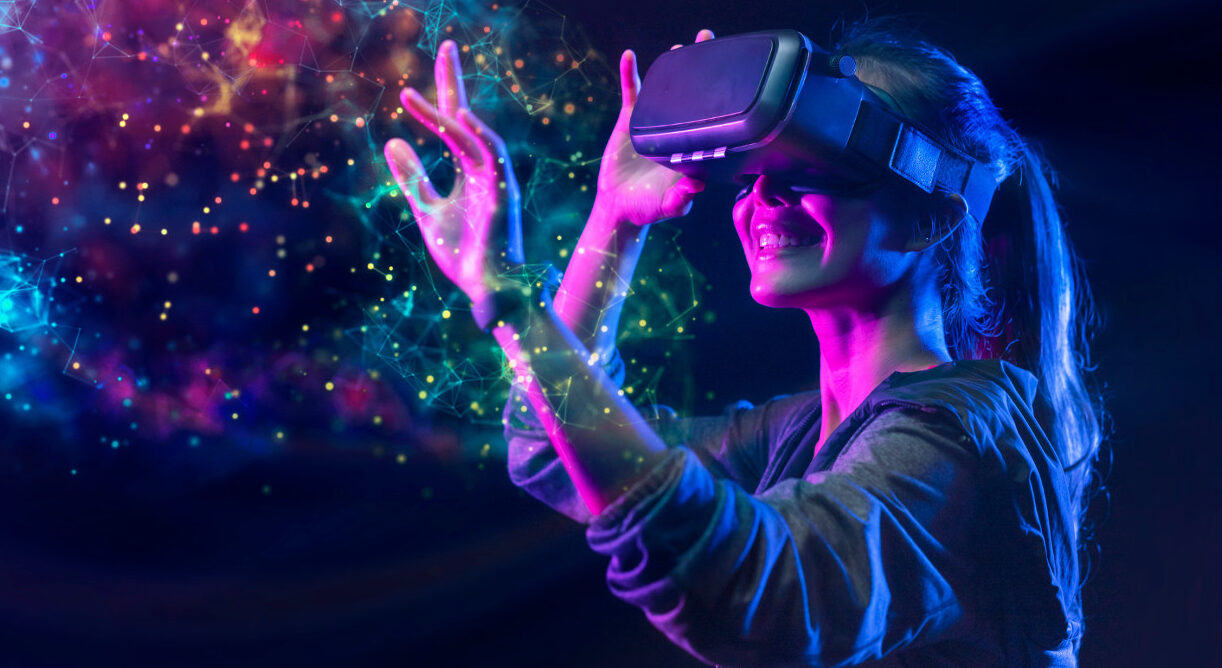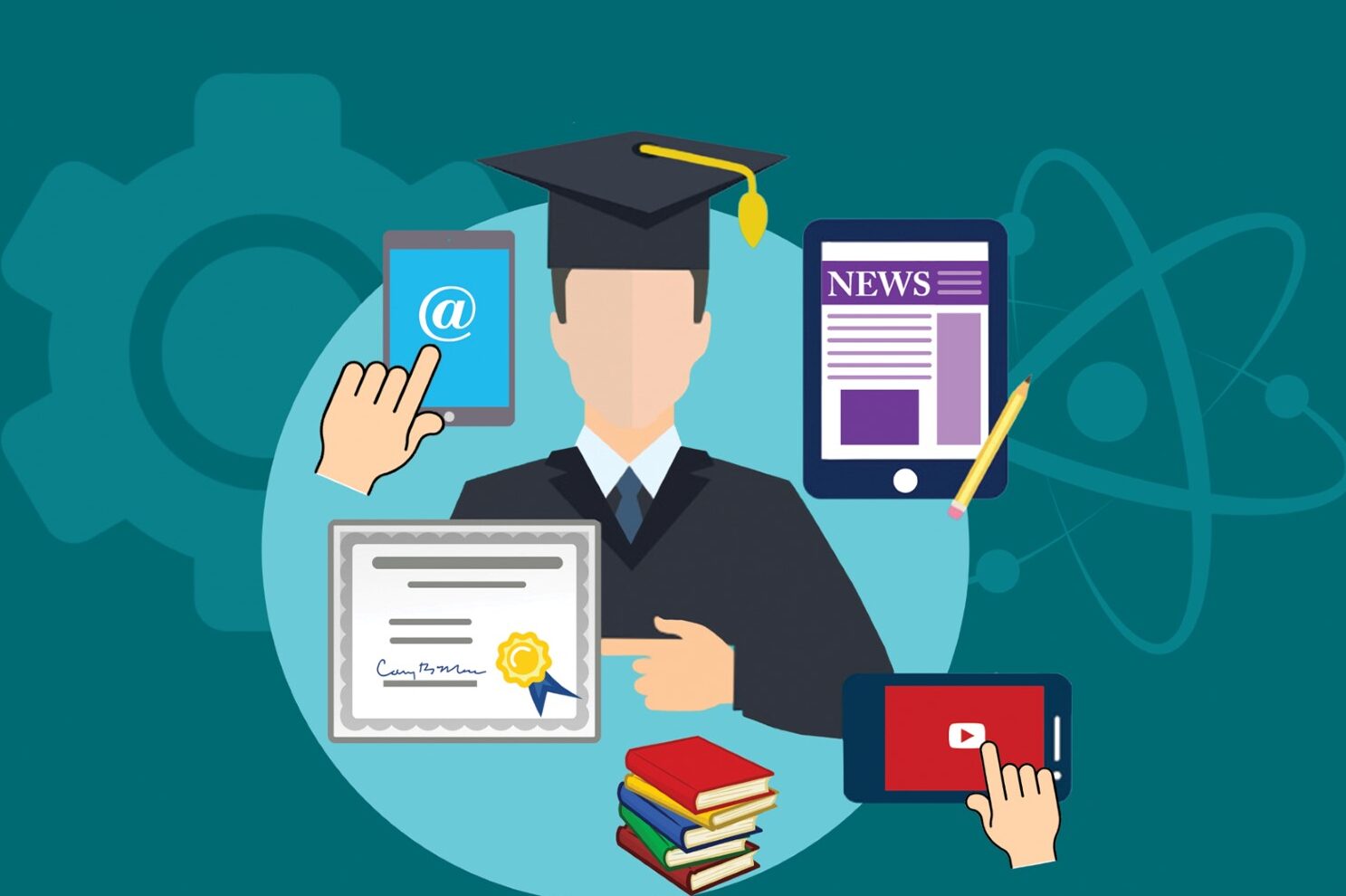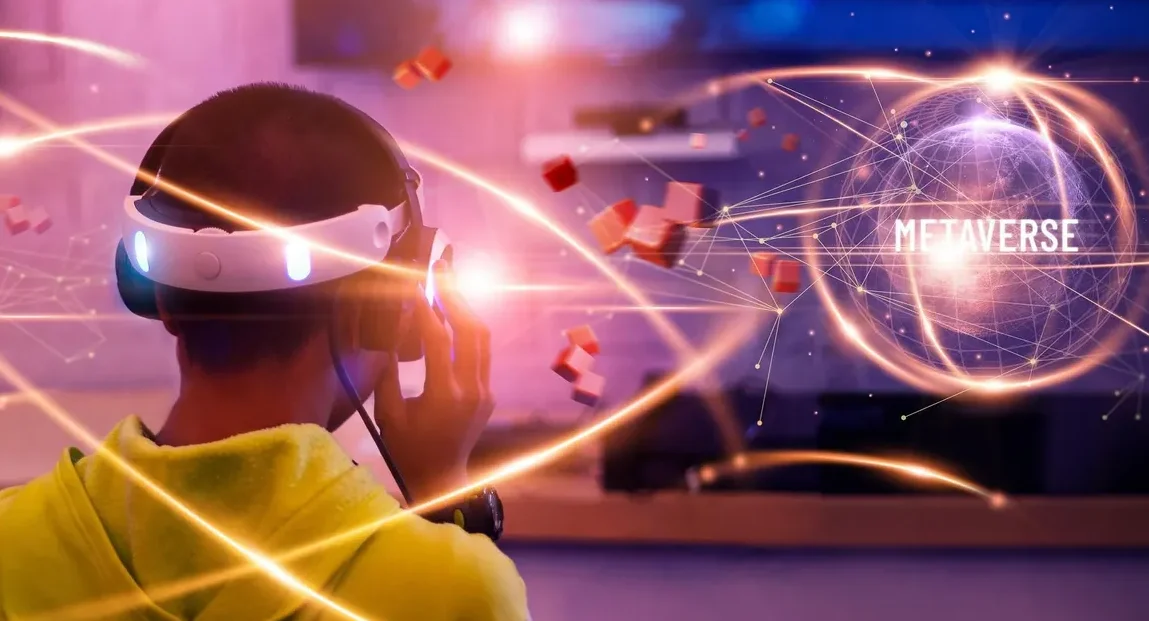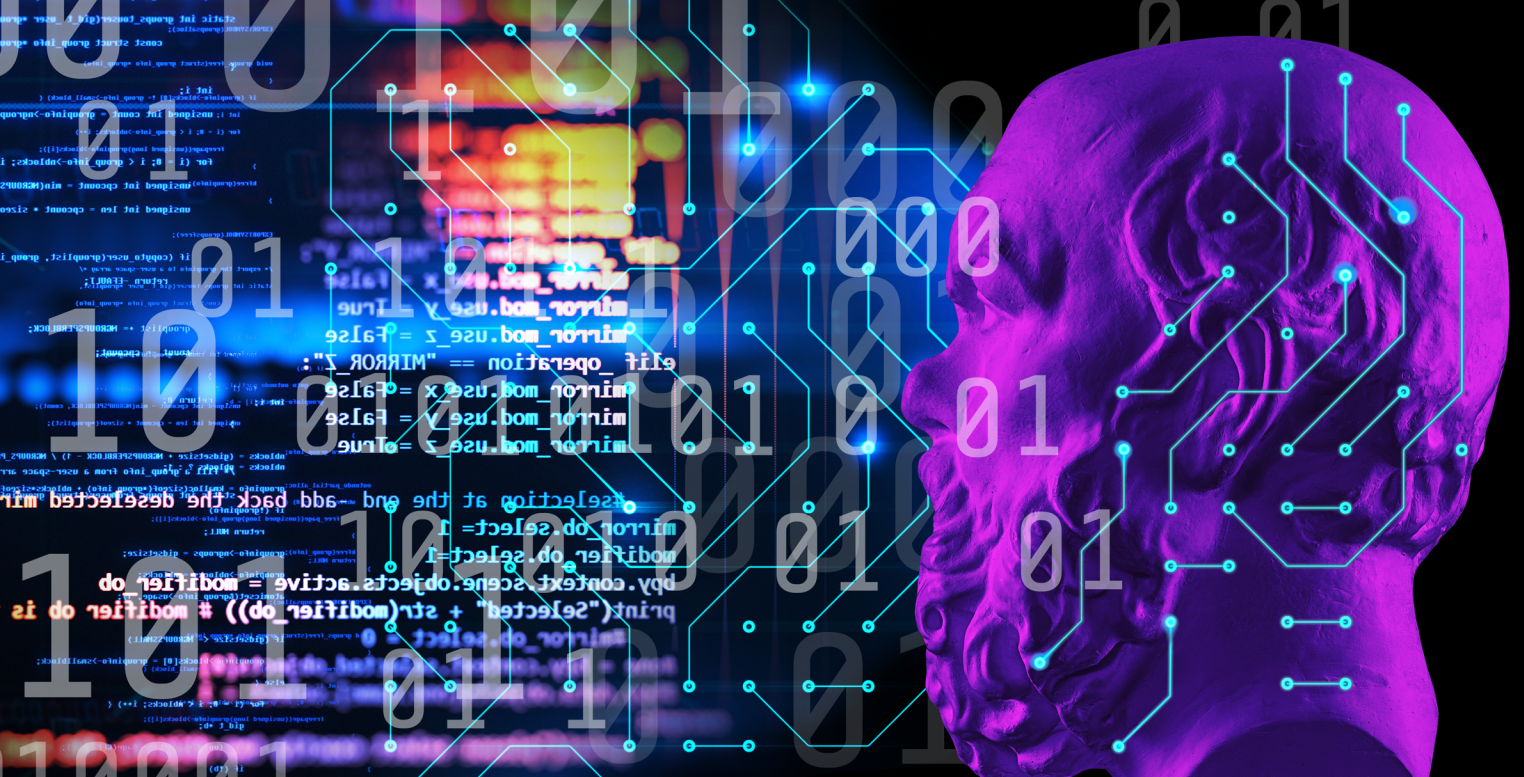Virtual reality (VR) is a computer-generated environment that simulates a realistic experience for the user, making them feel as though they are immersed in a different world. While VR has been around for decades, it has only recently become more affordable and accessible to the general public, thanks to advancements in technology. VR has the potential to revolutionize the way we experience the world around us, from entertainment to education, and even in the workplace. As a result, many people are optimistic about the future of VR and the impact it will have on society.
The early development of VR was limited by technological constraints, including the high cost of equipment and limited processing power. However, with the advent of more powerful computers and the development of more sophisticated VR hardware, such as headsets and motion controllers, VR has become much more immersive and realistic. As a result, VR has the potential to transform a wide range of industries, including manufacturing, healthcare, and education. Additionally, VR has the ability to change the way people experience live events, such as concerts and sports games, by offering a more immersive and interactive experience.
As VR continues to evolve, it has the potential to change the way we interact with the world around us. With lifelike representations of humans and virtual objects, VR can be used to simulate everyday tasks and provide training for a variety of industries. Additionally, VR has the potential to improve accessibility for individuals with disabilities, allowing them to experience things that may have previously been impossible. As VR technology continues to advance, it will be interesting to see how it is integrated into various aspects of our lives and the impact it will have on society as a whole.
Applications of virtual reality in various fields
Virtual reality (VR) has revolutionized the gaming and entertainment industry by creating immersive experiences that were not possible before. VR technology has transformed the way we experience video games, movies, theme parks, and museums. This technology has also opened up new possibilities for entertainment, such as virtual concerts and theme parks. As a result, VR has become an essential tool for creating engaging and memorable entertainment experiences.
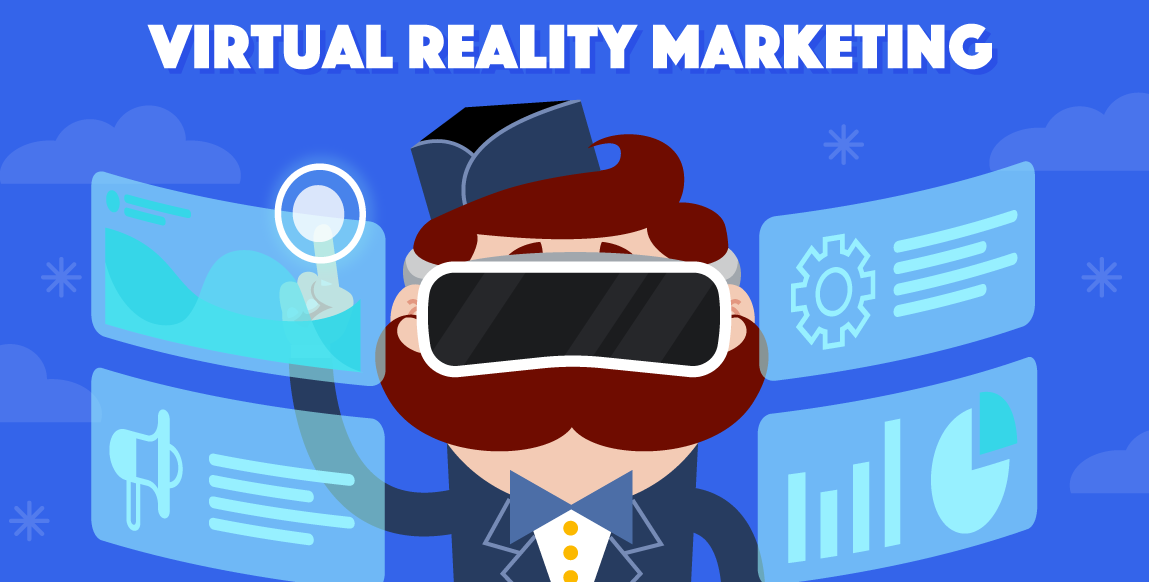
VR is also being used to enhance education and training. VR technology offers students an immersive and interactive learning experience that can improve their engagement and retention of information. It can also provide access to new learning opportunities that may be difficult or impossible to access in traditional classroom settings. In addition, VR can be used to train professionals in various fields, such as medicine, aviation, and military. Thus, VR has the potential to transform the way we learn and train for various professions.
VR has also made significant contributions to the healthcare and therapy industry. VR technology is being used to improve telemedicine, surgery, and healthcare workers’ training. It is also being used to assist patients and healthcare providers in achieving better treatments and outcomes. For example, VR can be used to create simulations that allow patients to overcome phobias and anxiety disorders. Thus, VR technology has the potential to revolutionize the way we approach healthcare and therapy.
Impact of virtual reality on society and the way we experience the world
Virtual reality (VR) has revolutionized the way we experience the world by providing an enhanced sense of immersion and presence. The immersive capabilities of VR headsets allow users to feel as though they are physically present in a digital environment, which has led to the rise in popularity of VR gaming. Additionally, VR has the potential to transform education by providing students with immersive experiences that create a sense of presence and connection to the material. The sense of presence created by VR can also be utilized to create more engaging and effective content marketing experiences. As VR technology continues to evolve, so too will its ability to provide an even more immersive and realistic experience for users.
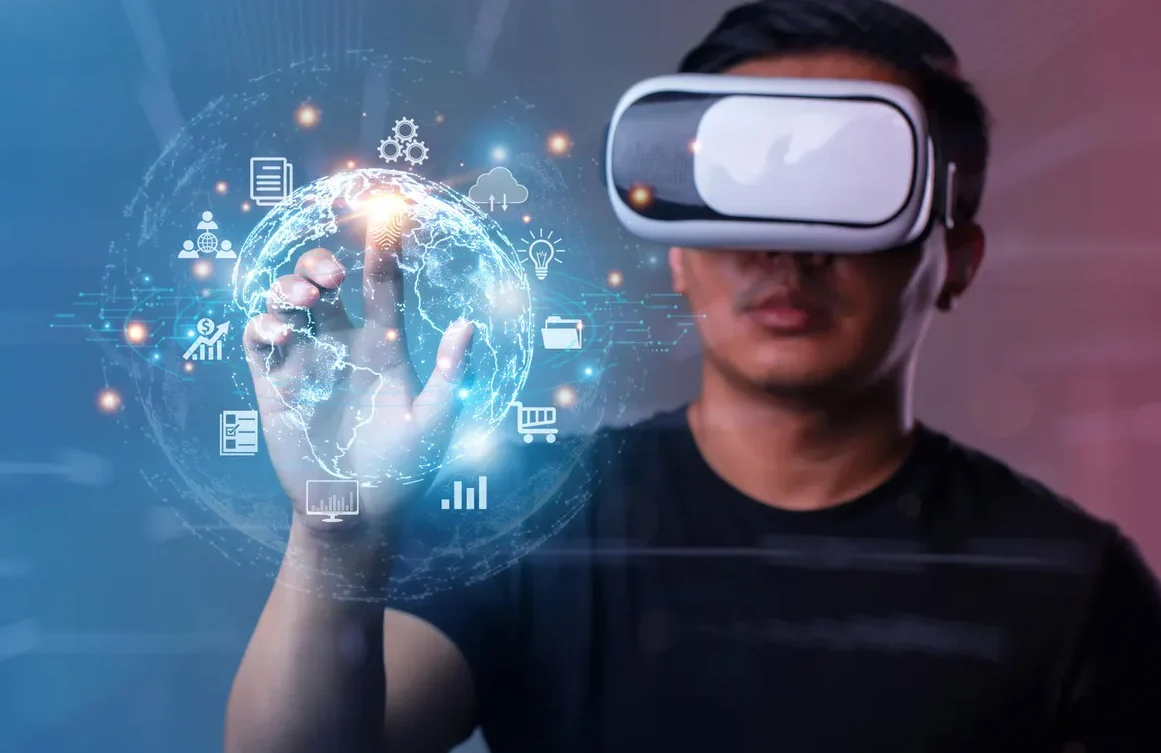
While VR has the potential to provide an immersive and engaging experience, there are concerns about its potential for social isolation and addiction. A 2018 MIT study suggests that VR experiences may be better at reducing feelings of isolation than traditional media, but there is also the potential for users to become too immersed in the virtual world and neglect their real-world relationships. Additionally, VR has been found to have the potential for addiction, particularly in the realm of gaming. As VR technology becomes more ubiquitous, it is important to consider the potential social and psychological impacts it may have on users.
Finally, there are ethical considerations and future implications to be addressed as VR technology continues to evolve. The use of VR in education and training has the potential to improve learning outcomes and provide a safe space for individuals to practice skills. However, there are also concerns about the potential physiological and cognitive impacts of prolonged VR use, as well as the potential for VR to exacerbate existing social and economic inequalities. As with any new technology, it is important to consider the potential ethical implications and take steps to mitigate any negative impacts. Overall, VR has the potential to fundamentally change the way we interact with the world, and it is important to carefully consider its impact on society as it continues to evolve.






